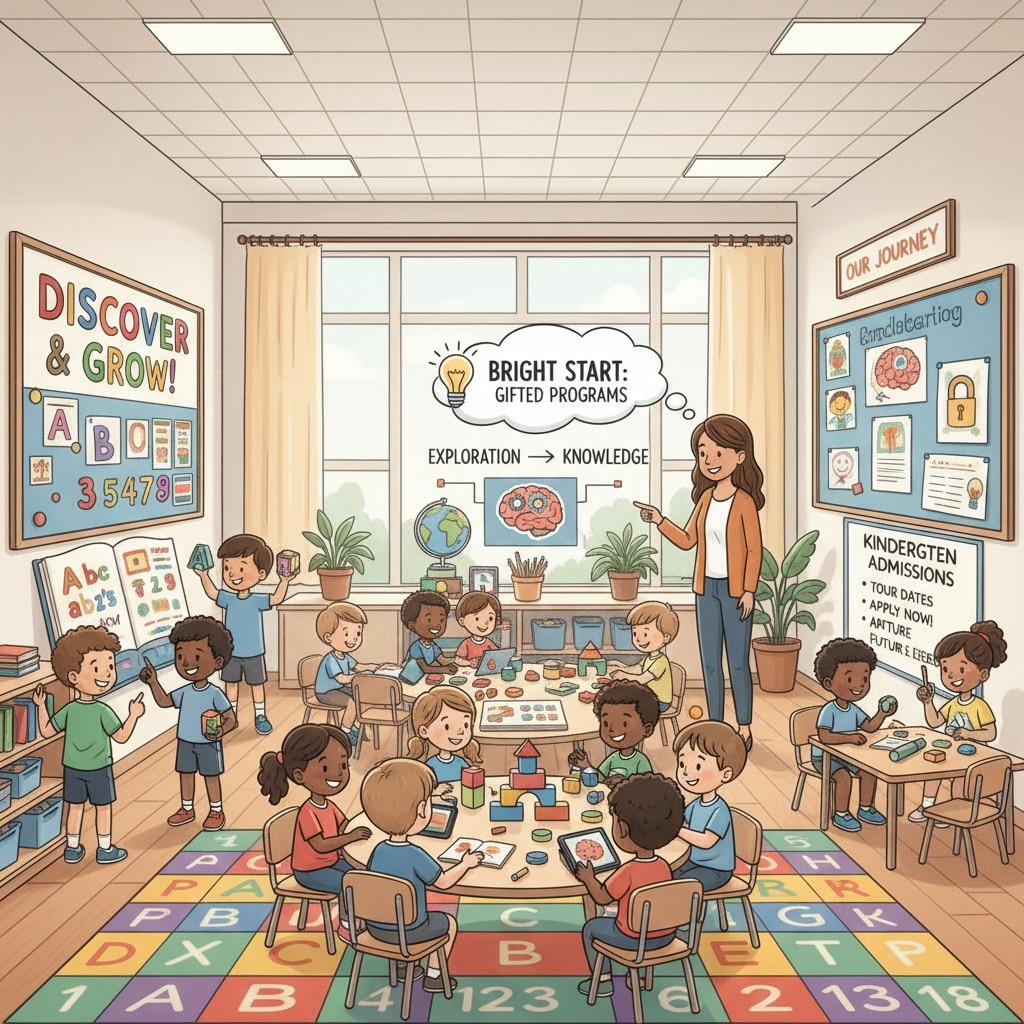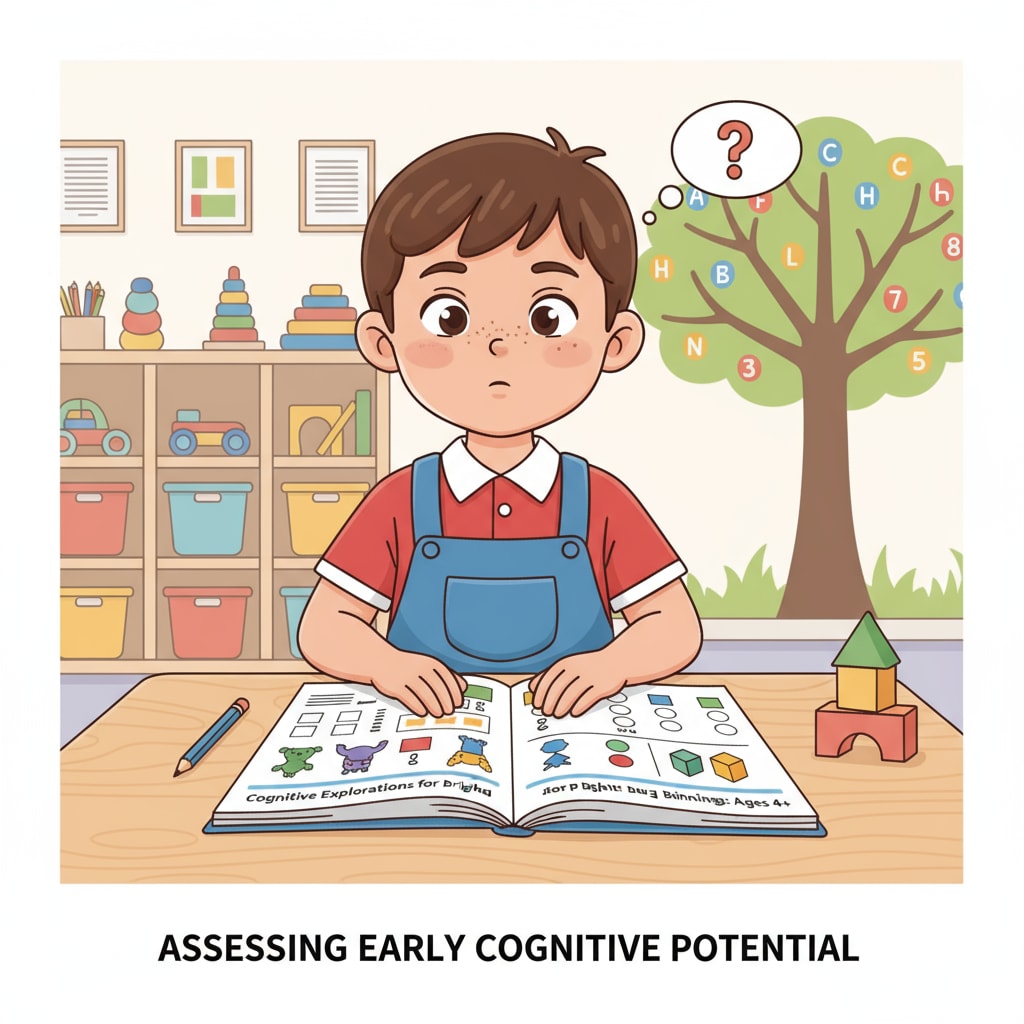Gifted education, kindergarten admissions, and education policies have become hot topics in New York City, especially when it comes to the kindergarten gifted programs. These programs have sparked a political storm, shedding light on the deep-seated contradictions in the allocation of early education resources.

The Science Behind Four-Year-Old Intelligence Assessments
The use of intelligence assessments for four-year-olds in the context of gifted programs is a highly debated issue. Critics question the scientific validity of these tests. How can we accurately measure the intelligence of such young children? Many argue that at this age, children are still in the early stages of development, and their performance on these tests may not reflect their true potential. For example, a child’s shyness or lack of familiarity with the testing environment could significantly affect their scores. According to Early Childhood Assessment on Wikipedia, the reliability of these assessments for four-year-olds is often under scrutiny.

The Complex Power Plays in Gifted Education
Behind the scenes of gifted education in New York City’s kindergartens, there are intricate power plays. It involves a complex web of factors such as social class mobility, equal educational opportunities, and parental rights. Upper-class parents often have more resources to prepare their children for these gifted program admissions. This creates an imbalance in the system. As a result, the idea of equal educational opportunities is put to the test. Britannica’s article on Educational Equity highlights the importance of fairness in educational access.
The concept of parental rights also comes into play. Parents believe they have the right to advocate for their children’s education. However, this sometimes leads to intense competition and a cutthroat environment in the pursuit of a spot in the gifted programs. In addition, the role of education policies in regulating these programs becomes crucial. Policies need to be designed in a way that ensures fairness and equality while also recognizing the unique needs of gifted children.
In conclusion, the controversy surrounding New York City’s kindergarten gifted programs serves as a microcosm of the larger issues in gifted education, kindergarten admissions, and education policies. It calls for a more in-depth examination and a balanced approach to ensure that every child has an equal opportunity to thrive in the educational system.
Readability guidance: This article uses short paragraphs and lists to summarize key points. Each H2 section provides a clear perspective. The passive voice and long sentences are kept to a minimum, and transition words are used throughout to enhance the flow of the article.


